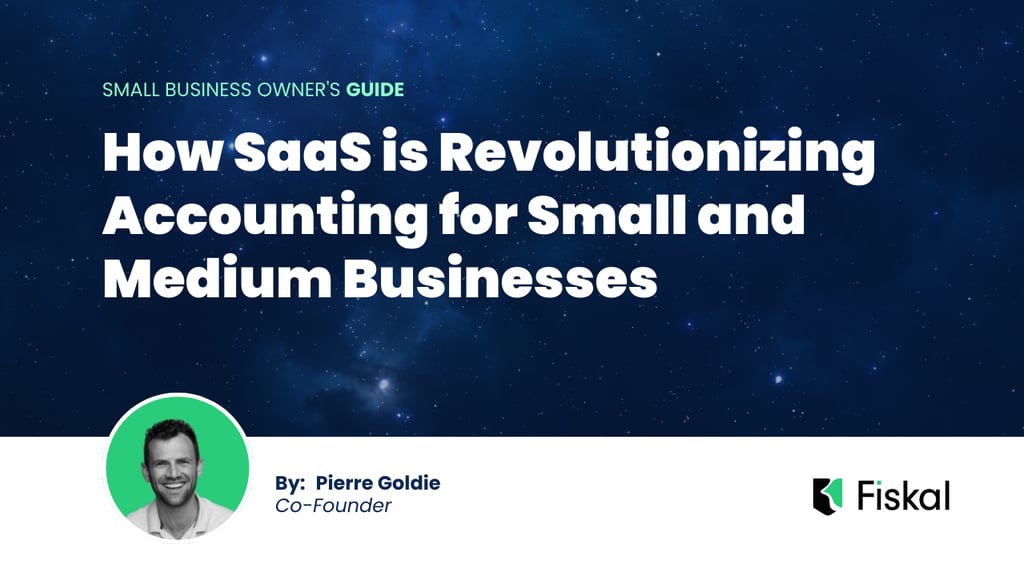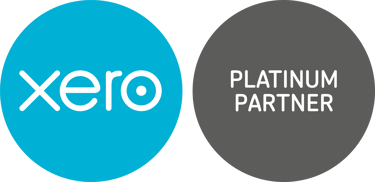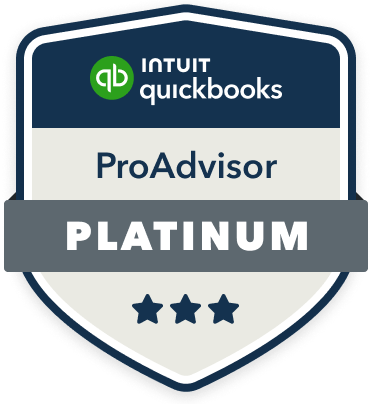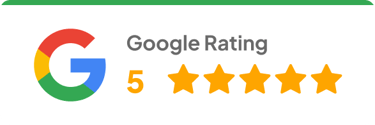How SaaS is Revolutionizing Accounting for Small and Medium Businesses
In the digital age, Software as a Service (SaaS) has emerged as a game-changer for small and medium businesses (SMBs), particularly in the realm of accounting. Gone are the days of cumbersome spreadsheets and manual bookkeeping. Today, SMBs can leverage cloud-based accounting solutions that are efficient, scalable, and cost-effective. This blog post explores how SaaS is transforming accounting for SMBs and the benefits it brings to the table.
SYSTEMS AND SOFTWARE


What is SaaS Accounting?
Software as a Service (SaaS) accounting involves using cloud-based software to manage and streamline accounting processes. Instead of installing software on individual computers, businesses access these applications via the internet, paying a subscription fee for the service. Examples of popular SaaS accounting solutions include QuickBooks Online, Xero, FreshBooks and Wave.
Key Benefits of SaaS Accounting for SMBs
Cost-Effectiveness
Lower Upfront Costs: Traditional accounting software often requires significant upfront investment in licenses and infrastructure. SaaS accounting solutions, on the other hand, operate on a subscription model, reducing initial expenses.
Predictable Pricing: With SaaS, businesses can predict their accounting expenses better since they pay a regular subscription fee. This helps with budgeting and financial planning.
Accessibility and Flexibility
Anywhere, Anytime Access: SaaS accounting solutions are accessible from any device with an internet connection. This flexibility allows business owners and accountants to manage finances remotely and stay connected even on the go.
Collaboration: Multiple users can access the system simultaneously, making it easier for teams to collaborate. This is particularly useful for businesses with remote or distributed teams.
Automatic Updates and Maintenance
Always Up-to-Date: SaaS providers manage all updates and maintenance, ensuring that businesses always have access to the latest features and security patches without additional costs or downtime.
Reduced IT Burden: Since the software is hosted in the cloud, there’s no need for businesses to maintain servers or handle technical issues, freeing up IT resources for other tasks.
Scalability
Grow with Your Business: SaaS accounting solutions can scale with your business needs. Whether you’re a startup or a growing medium-sized enterprise, you can easily upgrade your plan to accommodate more users or additional features.
Customizable Features: Many SaaS accounting platforms offer modular features that businesses can add as needed, ensuring they only pay for what they use.
Enhanced Security
Robust Data Protection: Reputable SaaS providers implement advanced security measures, including encryption, secure data centers and regular security audits, to protect sensitive financial data.
Automatic Backups: SaaS solutions typically include automated backups, reducing the risk of data loss and ensuring business continuity in case of a disaster.
How SaaS Accounting Works
Subscription Model:
Businesses subscribe to a SaaS accounting platform, choosing a plan that suits their needs. Plans are typically billed monthly or annually.
Data Entry and Management:
Users enter financial data into the system, which can include transactions, invoices, expenses and payroll information. Many SaaS accounting solutions also offer integration with bank accounts for automatic transaction imports.
Real-Time Reporting:
The software processes the data and provides real-time financial reports, such as income statements, balance sheets and cash flow statements. These insights help business owners make informed decisions.
Compliance and Tax Management:
SaaS accounting platforms often include features for tax calculation and compliance, ensuring businesses adhere to local regulations and deadlines.
Popular SaaS Accounting Solutions
QuickBooks Online:
A versatile and widely-used platform that offers a range of features for invoicing, expense tracking, payroll and reporting. It is suitable for both small and medium businesses.
Xero:
Known for its user-friendly interface and strong integration capabilities, Xero offers robust accounting features and is particularly popular among small businesses and startups.
FreshBooks:
Ideal for service-based businesses, FreshBooks excels in invoicing and time tracking, making it a favorite among freelancers and consultants.
Wave:
A free accounting software option that offers essential features like invoicing, expense tracking and receipt scanning. It’s a great choice for small businesses on a tight budget.
Conclusion
SaaS accounting solutions are transforming the way small and medium businesses manage their finances. By offering cost-effective, scalable and secure platforms, these cloud-based tools enable SMBs to streamline their accounting processes, improve collaboration and gain valuable financial insights. Whether you’re just starting out or looking to upgrade your existing accounting system, embracing SaaS accounting like our experts at Fiskal, we can provide the flexibility and efficiency needed to thrive in today’s competitive business landscape.












